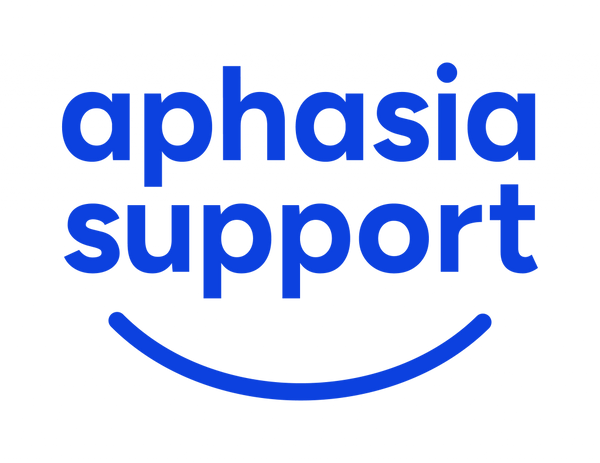Thriving after Stroke

Stroke is the leading cause of adult disability in the UK.
Stroke impacts over 100,000 individuals ever year, and there are currently over 1.3 million stroke survivors in the UK.
A stroke strikes every five minutes. It happens in an instant and can have a devastating impact, affecting various aspects of physical, cognitive, and emotional well-being.
While the immediate medical response is crucial, the journey to recovery extends far beyond the hospital walls.
Life after stroke
Life after stroke support is crucial as it helps affected individuals navigate the challenges and adjustments necessary for optimal recovery and improved quality of life.
Ongoing care should be comprehensive, addressing not only the physical aspects of recovery but also the emotional and social complications. This support includes access to physical and communication rehabilitation services and emotional and psychological care.
The National Clinical Guideline for Stroke are explicit on the need for life after stroke services for all.
For those living with aphasia after stroke, the guidelines specifically recommend that:
- People should have access to a speech and language therapist for as long as they make meaningful gains.
- People should be offered digital therapies / tools and be trained in the use of these technologies.
- People should have access to social activities, peer support groups, return to work programmes.
- People should be given information on local and national aphasia groups and referred as appropriate.
The reality
Too often, support suddenly ends when a stroke survivor leaves hospital. According to The Stroke Association, just 37% of stroke survivors received a six-month review in 2022-23, leaving over 40,000 people without the essential life after stroke support they need.
Many stroke survivors have told The Stroke Association that they have been left to rebuild their life after stroke alone. They feel abandoned, causing a catastrophic impact on people’s lives and stress on the system.
This oversight not only jeopardises individual well-being but also places strain on the healthcare system, hindering hospital flow and contributing to unwarranted variation in access to critical post-stroke services.
Despite clear guidelines advocating for universal access to life after stroke services, the implementation remains inconsistent. Thousands of stroke survivors are left without vital support, creating a postcode lottery of care.
Campaign for change
Life after stroke support should not be viewed in isolation. It should be part of the pathway to deliver the very best outcomes. A collaborative approach between the NHS and the third sector can deliver the best possible outcomes.
As The Stroke Association’s ‘Thriving After Stroke’ campaign highlights, the third sector can provide vital support and help to alleviate the burden on primary, secondary and social care.
By working in collaboration with the NHS, charity support can help free up time for clinical colleagues, supporting hospital flow and reducing reliance on the already stretched healthcare system.
Our very own service aligns seamlessly with the national stroke guidelines, offering crucial support in speech and language therapy, digital tools, social activities and peer support groups.
This is why we are supporting The Stroke Associations’ ‘Thriving After Stroke’ campaign, which is calling for people to write to their local politician to enquire about local life after stroke services in their area. If you would like to get involved in this initiative, get in touch with us today.
Together we can make stroke a priority and end the postcode lottery.
To explore the unmet needs of stroke survivors across the UK, read The Stroke Associations ‘Thriving After Stroke’ report here.

